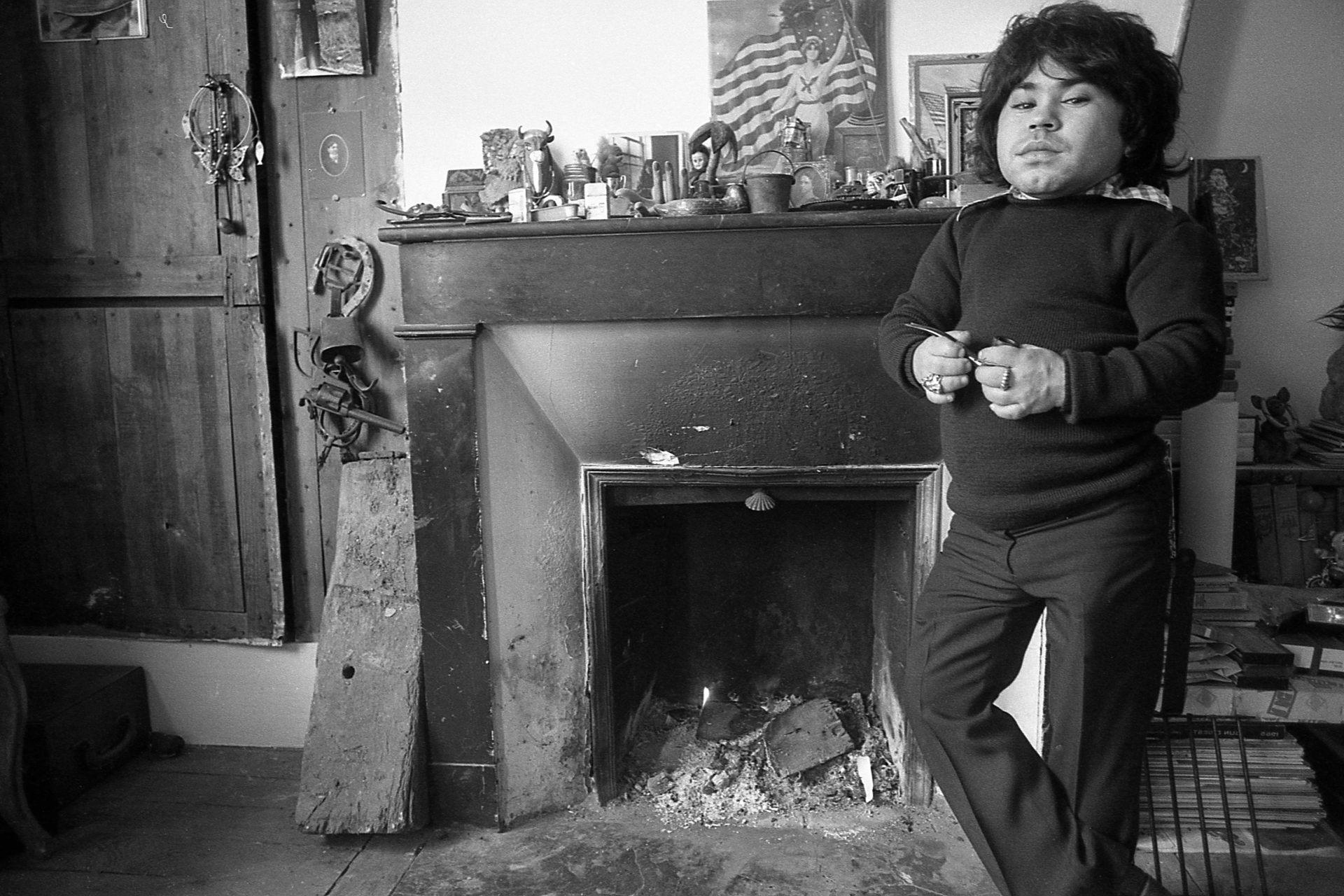
A number of transport authorities in Austria have announced that they are going to phase out the official usage of the term Schwarzfahren to refer to the practice of fare-dodging on trains, trams and buses.
German fahren translates as ‘to travel’; and the word schwarz (which is related to the English word swarthy) means ‘black’. There is apparently some fear in Austria that the term “travelling black” might be interpreted as having undesirable racist connotations. Some authorities in Germany are also considering taking the same step.
The Viennese public transport organisation Wiener Linien says it will discontinue usage of Schwarzfahren in order to avoid “possible misunderstandings”. The Österreichische Bundesbahnen, Austrian Railways, will do the same. They will officially use the phrase Fahrgästen ohne gültiges Ticket, “passengers without a valid ticket”. The length of this phrase of course means that it would not be surprising if most ordinary Austrians continued to use the shorter, more familiar term in their everyday speech.
The problem is that in German, as in English, the word for the colour black is also employed – as it is not in many other languages around the world – to refer to the skin hue of people originating from Sub-Saharan Africa, just as the word for the colour white is employed to refer to the skin of people originating in Europe – again not a worldwide practice.
In English, black has been used for at least 1200 years as an adjective with negative connotations, embracing a range of meanings like ‘evil, wicked, malignant, sinister, tragic, disgraceful’. In the early 1300s, the English monk Robert Mannyng wrote “Whan thou synnest, thou makest thy soule black as pyk [pitch]”.
The original impetus for this figurative usage of black may have had to do with the absence of light: the colour is associated with night as opposed to day, and winter as opposed to summer. We certainly have many well-established phrases in our modern language which employ black in this negative way.
In Modern English, we use expressions like the black market, the black economy, and black money to refer to unofficial economic activities which are carried out ‘in the dark’ and intended to avoid the payment of tax.
Situations can also look black; and some people may give others a black look. We can metaphorically give people who behave badly a black mark. We talk about black humour, and we use black comedy to describe works that deal with unhappy or tragic situations in a humorous way. The French word for ‘black’, noir, is also used in the theatrical and cinematographic context, as in film noir. And more recently we have seen a big increase of the popularity of TV dramas known as Nordic Noir or Scandi Noir.
The Oxford English Dictionary tells us that metaphorical uses of words meaning ‘black’, with negative connotations similar to those found in English, “are widespread in other European languages”: in Modern Greek, mavri ora ‘black hour’ is used to describe a moment of misfortune.
But what we should not expect to be widespread around the world is the usage of the basic colour terms “black” and “white”, as used of paint, for example, to refer to the appearance of human skin, as I will discuss next week.
In the black
In a financial context, the phrase “in the black” shows that black is not necessarily negative. It means an individual or company has more assets than debts. “In the red” indicates the reverse. These usages stem from the time when accounts were written by hand, and debts were indicated by using red ink.



